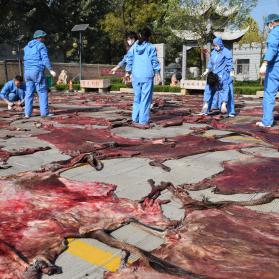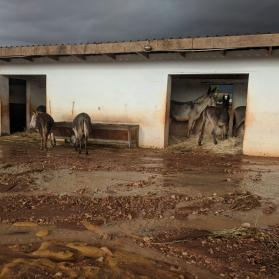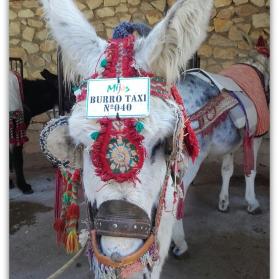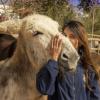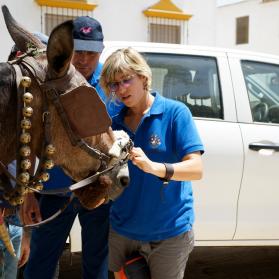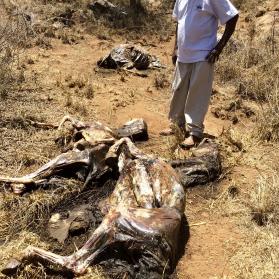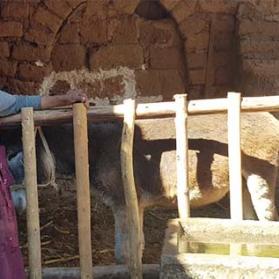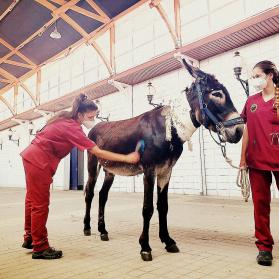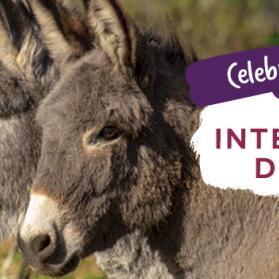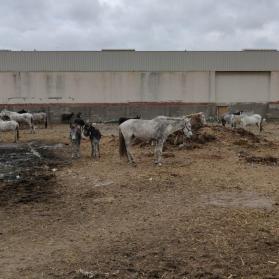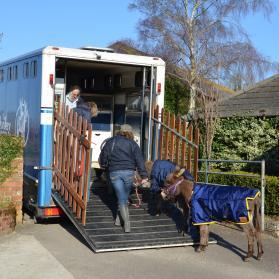Donkeys face population collapse due to skin trade
• Donkey populations collapsing in some countries across Africa, South America and Asia
• Millions of donkeys killed by traders for their skins to be used in traditional Chinese medicine
• Pregnant mares, foals and sick animals illegally stolen, transported and killed
• Biosecurity risk of anthrax and equine flu throughout the trade
• Donkeys key to the livelihoods of 500 million people worldwide

